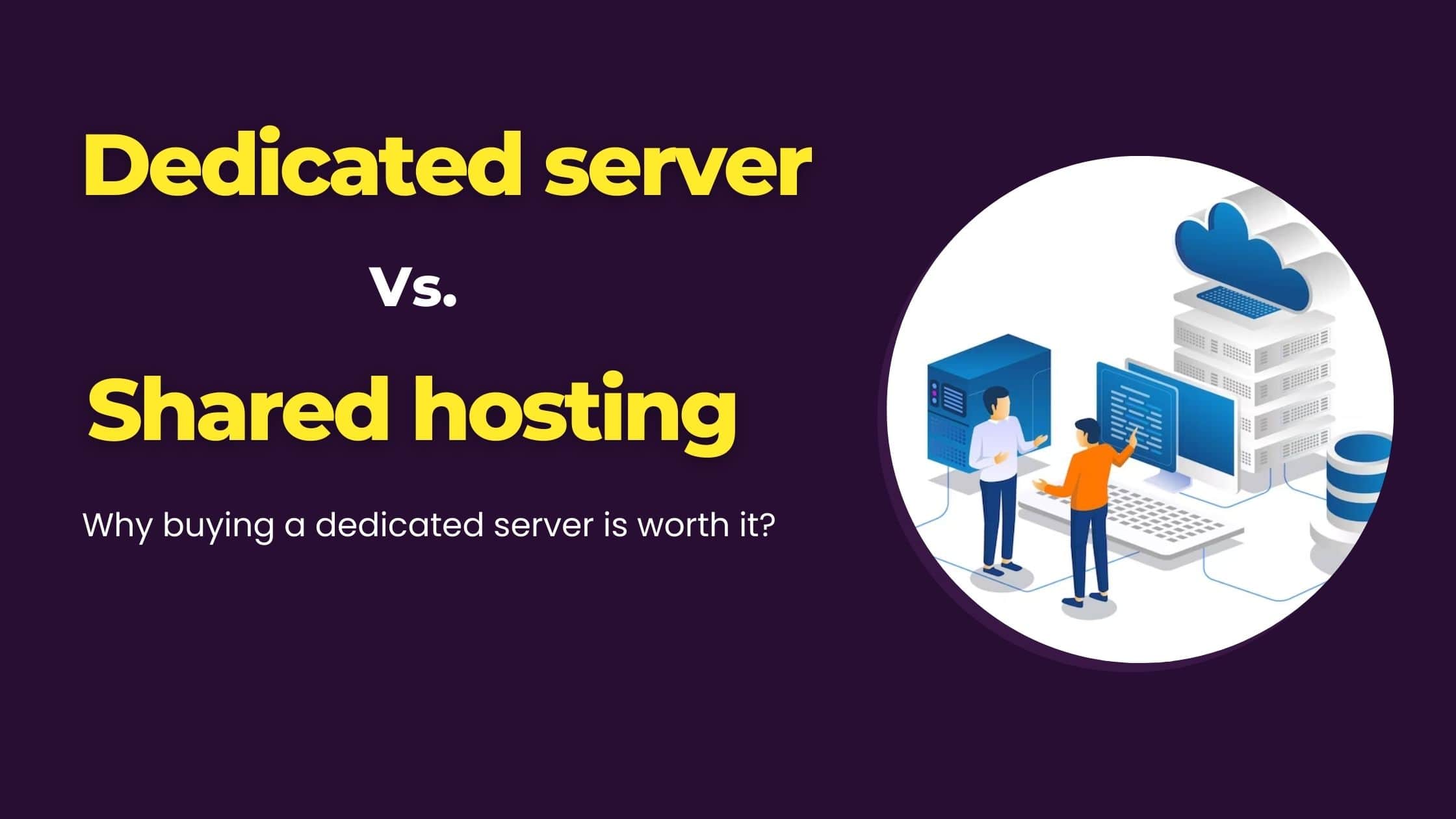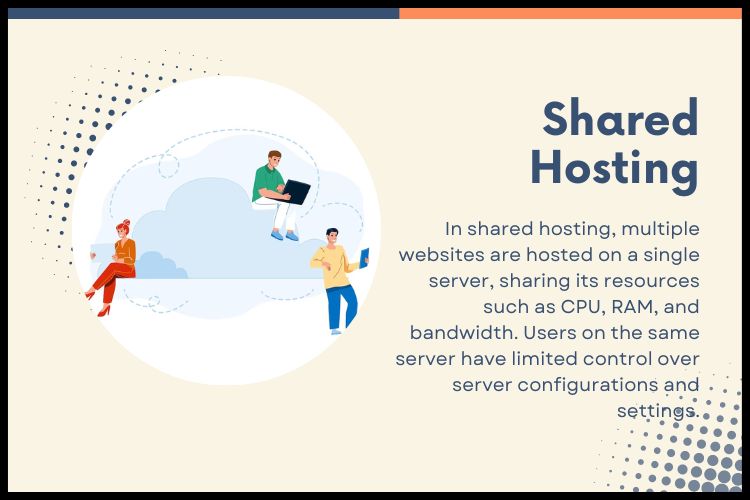Summary

Article Name
Dedicated server vs. Shared hosting: Why buying a dedicated server is worth it?
Description
In today's digital age, establishing a robust online presence is crucial for businesses and individuals alike. As the demand for web hosting services continues to soar, two primary hosting options have emerged as popular choices: dedicated servers and shared hosting.
Author
Iram
Publisher Name
Buy Dedicated Server
Publisher Logo



